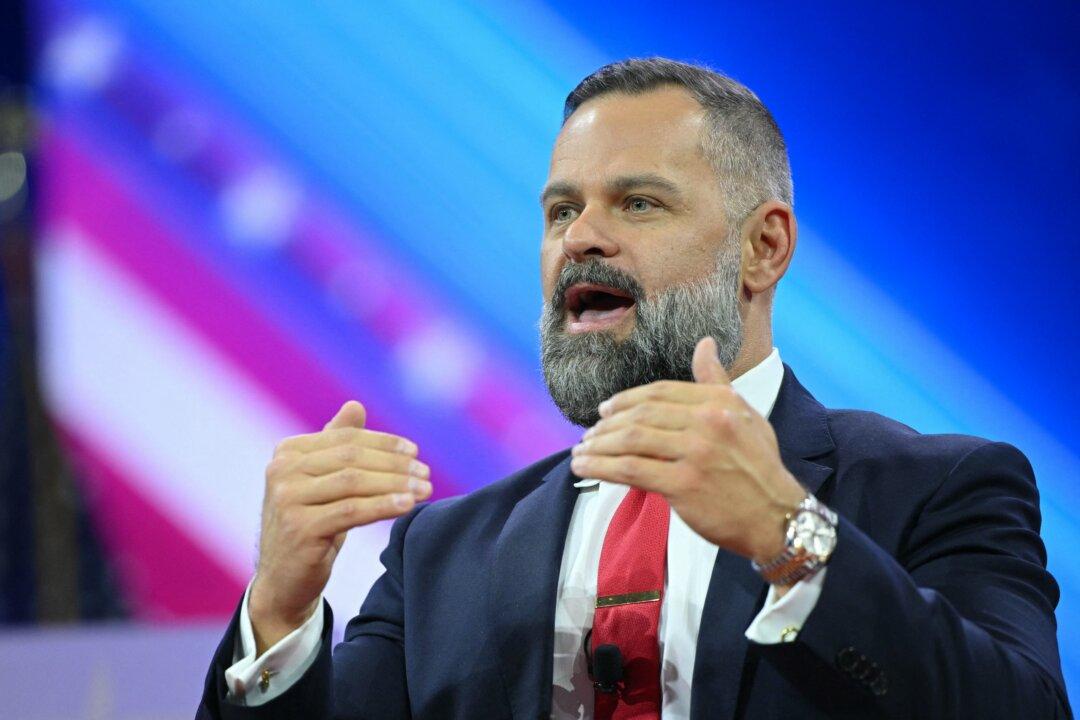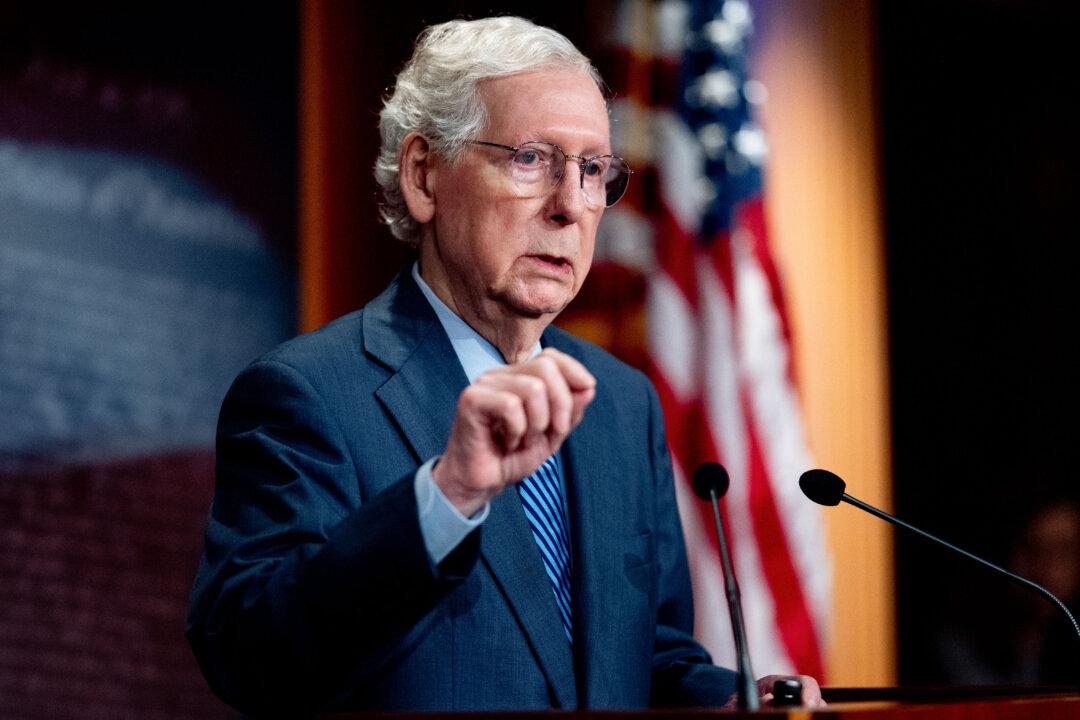U.S. special envoy for Iran Robert Malley has been on leave due to his security clearance being under review.
State Department spokesperson Matthew Miller said on June 29 that Malley was on leave, but did not give a reason.
According to reports, Malley allegedly may have mishandled classified information, apparently leading to his being put on leave. Earlier this year, his access to classified information was reportedly cut off for the time being and, therefore, he was able to report to work but without access to such material.
Malley had been tasked with getting the United States back into the 2015 Joint Comprehensive Plan of Action (JCPOA), colloquially known as the Iran nuclear deal. Those talks were indefinitely suspended last year but reportedly have resumed with the United States and Iran engaging in discussions through a third party.
Matthew Brodsky, a senior fellow at the Gold Institute for International Strategy, told The Epoch Times that the “deal currently under consideration by Malley and Team Biden would recognize Iran as a nuclear weapons threshold state and essentially bribe the regime with billions of US dollars to not become a full nuclear weapons power during the Biden administration.
“It is a political agreement for Biden’s domestic political gain.”
Brodsky noted that “the deal will be called something other than a deal or agreement—probably an “understanding”—because that will avoid the need to present the new Iran deal for congressional approval.”
The United States withdrew from the JCPOA in 2018 and reimposed sanctions lifted under the plan along with enacting fresh sanctions in what the Trump administration dubbed a “maximum pressure” campaign on Iran.
Jason Brodsky, policy director at United Against Nuclear Iran (no relation to Matthew Brodsky), explained the significance of Malley’s being on leave.
He told The Epoch Times the reports were “concerning,” but “we need to let all the facts come out and then we will be able to come to an informed conclusion.”
Brodsky called for Congress “to engage in robust oversight of the Biden administration’s Iran policy” and noted that the “[House Foreign Affairs Committee] has not held a single Iran-focused oversight hearing since 2020.”
“These reports raise serious concerns—both regarding Malley’s conduct and whether the State Department misled Congress and the American public,” wrote McCaul.
“This news follows the troubling recent revelation that the Biden Administration held indirect ‘proximity talks’ with the Iranian regime in May 2023, underscoring the importance of congressional oversight on Iran negotiations and policy, and for transparency and accountability on the part of the Department and the rest of the Biden Administration,” he added.
McCaul noted that the House Foreign Affairs Committee has sought Malley’s testimony since April 11.
“Senior State Department officials informed the Committee that Special Envoy Malley was unable to testify or brief because he was on personal leave due to the illness of a close family member, for which my staff expressed sympathy,” he wrote. “At no point did the department indicate that Special Envoy Malley’s security clearance was suspended or under review, or that he was being investigated for potential misconduct.”
McCaul asked Blinken to respond by July 11 with answers, documentation, and communications relevant to Malley’s security clearance issue.
Despite Malley’s absence, expect U.S. policy on Iran to stay the same, said Brodsky.
“In fact, the White House has been running the negotiations in recent months,” he said. “But it may further complicate the politics surrounding diplomacy with Iran and that could have an impact on policy.
“It depends on where the investigation leads.”





